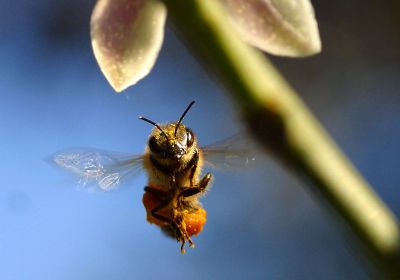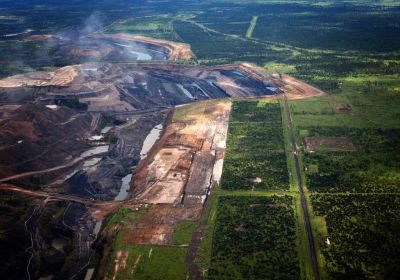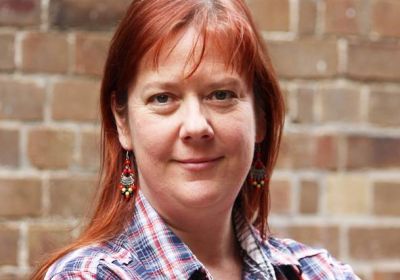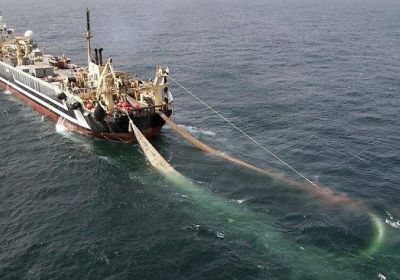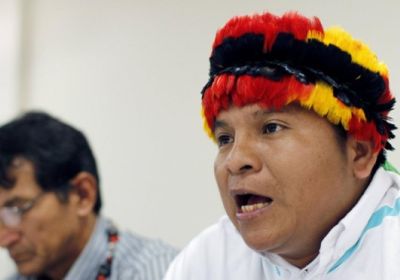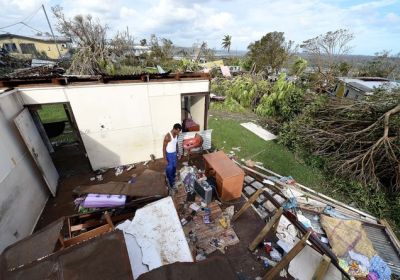
Blood & Guts: Dispatches From The Whale Wars
Sam Vincent
Black Inc., 2014, 274 pages, $29.99 (pb)
Industrial-scale whaling, writes Sam Vincent in Blood & Guts, had picked clean the world’s oceans until only the Southern Ocean Whale Sanctuary remained, protected by the icy remoteness of Antarctica and a worldwide ban on commercial whaling.
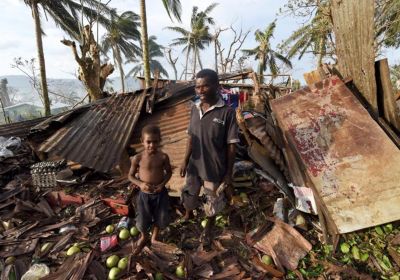
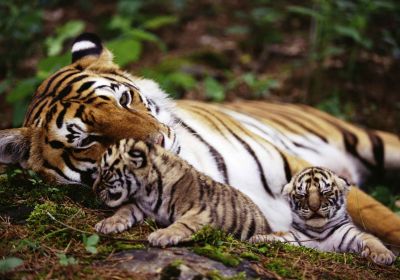
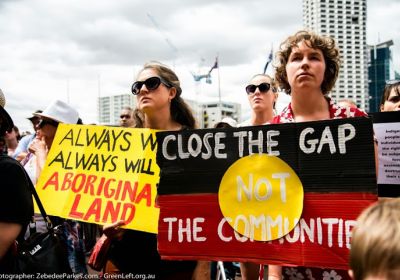
 Stop CSG Illawarra released this statement on March 16.
***
Today the Minister for Resources and Energy Anthony Roberts announced the buy-back of three coal seam gas (CSG) exploration licences that encroach on the Sydney Water Catchment.
Stop CSG Illawarra released this statement on March 16.
***
Today the Minister for Resources and Energy Anthony Roberts announced the buy-back of three coal seam gas (CSG) exploration licences that encroach on the Sydney Water Catchment.
